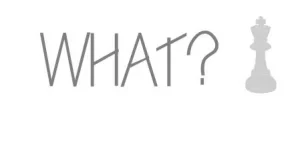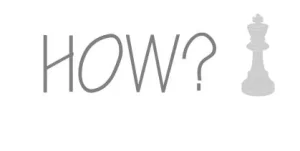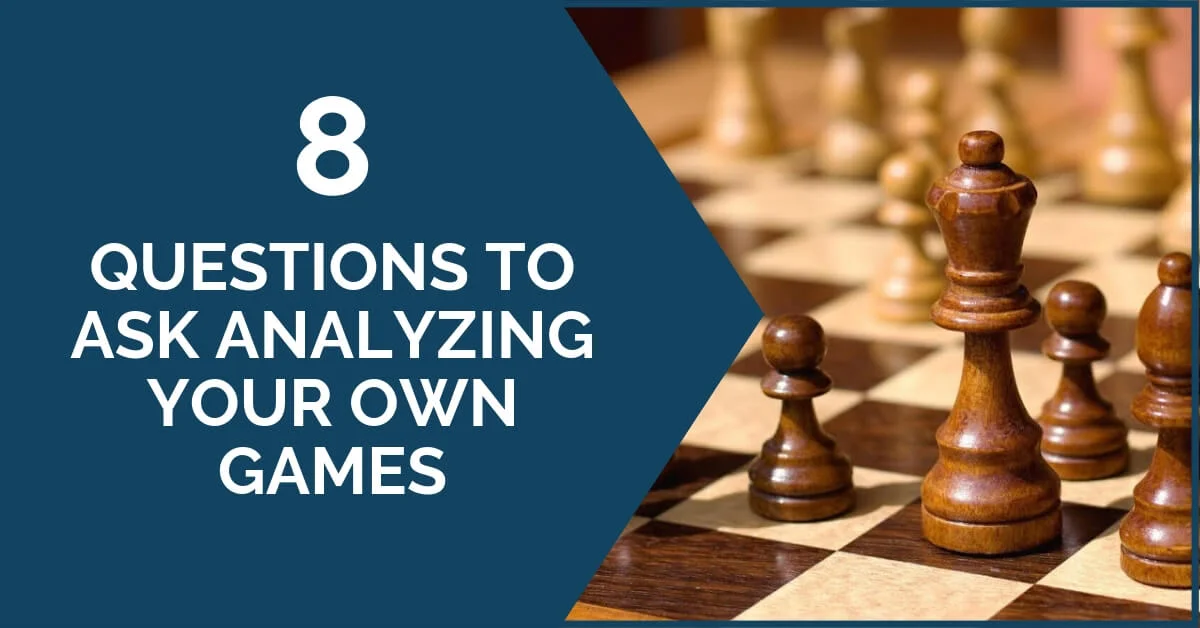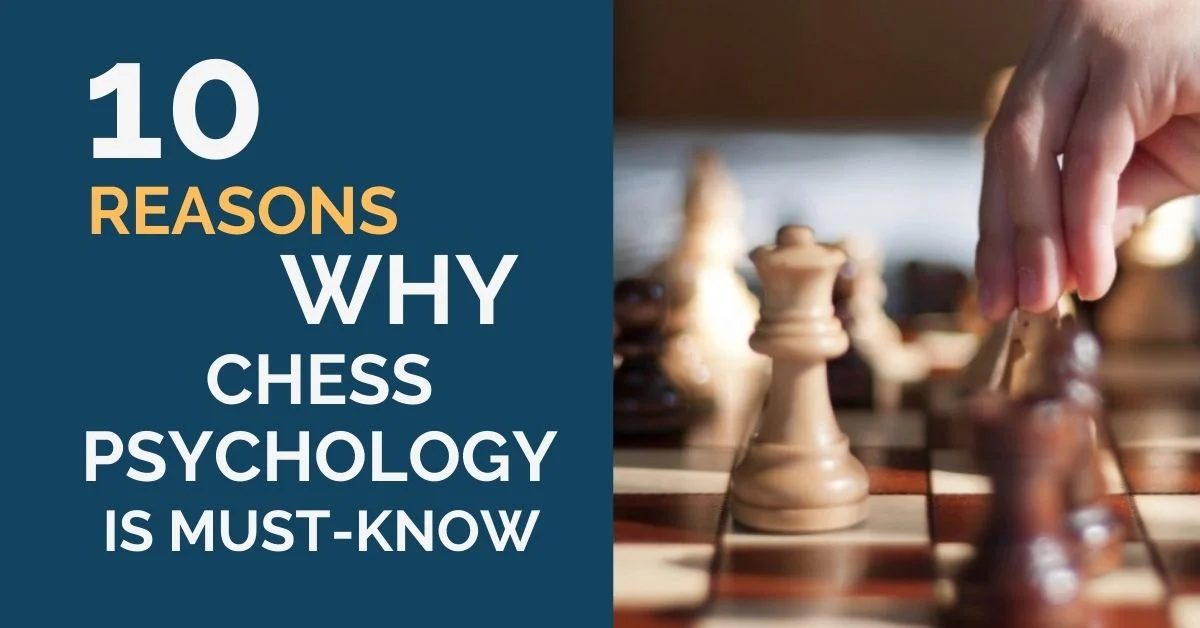3 Problems Most Chess Players face just Starting Out
In this article we will focus on the most common problems that many chess players are facing when they start their chess journey. We won’t be focusing on the complete beginners who just learned how chess pieces move. But rather we will talk about what problems many improving players have. Let’s tackle them one-by-one.
Problem 1: They don’t know how much to study and how much to play
Many improving chess players face the problem of not knowing how much time they need to spend on playing chess and how much on studying. They think there is some magic number that will suddenly make all the difference to their chess. The truth is there is no such number. The quantity of chess training does not matter, but quality does. Keep that in mind.
If you are serious about improving at chess, I would suggest spending roughly equal amount of time on both studying and playing. Don’t make the mistake that many players make by studying too much chess without playing a single game. Also playing games without studying at all will not make you a much stronger players. I know some chess players will disagree with me and say that they “learn by playing”. That may be true if you ultimate goal is to reach 1600. If you are aiming for 2000-2200, you need to do much more than just play. You can learn more about this topic by following advice by GM Shipov.
Problem 2: They don’t know what to study

Once we are clear about how much time to spend on studying chess, we should now discuss the most important problem that many chess players are facing. They do not know what to study in order to get better at chess.
Should you buy bunch of opening books, middle-game books, endgames manuals and start studying them all in parallel? Or should you get just one book and study it from cover to cover? Problem with the first approach is that you will most likely never finish any of the books you started. The most common scenario is that you will read about 10-15 pages from each of the books and then give the whole thing up without improving your game.
Problem with the second approach is that you will spend weeks or even months on studying a single opening book without possibly seeing any improvement. And that is pretty depressing. It is indeed a better approach than the first one, but nevertheless it is extremely time consuming and unless you have hours every day to spend on chess you shouldn’t expect fast progress.
Ideally, you need to work with training materials that will cover about allphases of the game:
– Openings
– Middlegames
– Endgames
I’m sure many players want to learn chess in a more efficient way and save time. You have two options here.
Option 1: You can hire a personal chess coach for 50$/hour, and follow his advice while saving yourself a lot of time and trouble.
Option 2: You can sign up for our comprehensive chess training course that provides an easy to follow, proven study plan with all of the supplementary materials needed to progress at chess. You will save yourself not only time but also money, without sacrificing performance (especially if you are under 2000 rated player).
Problem 3: They don’t know how to study

Another big problem that chess players are facing is that they do not know how to study chess. There are no books that teach you how to actually study the game. Most of the chess literature cover one specific topic: a certain opening, game-collection, endgames, etc.
These books give chess knowledge without really explaining how it can be applied in your own games. Many chess books are confusing in a sense that a reader will not understand how he can use this specific information to win his games.
A chess player may study a game with a lot of confusing lines and variation and miss the most important point that the author was trying to make. And this is very common nowadays.
Let me give you a simple example. If you want to learn how to play endgames, simply reading the endgame manual is not enough. By reading the manual you will have some idea of how to play certain endings, but if you do not have “practical experience” the chances are low that you will be able to play this ending in a real game.
You cannot learn how to swim by just reading the manual. You need to actually go in the water and attempt swimming.
We understand that perfectly. And that’s why in our training program, after each and every endgame tutorial we have practical section where you can play the endgame you just learned against a computer with endgame tables. Combining theoretical and practical training in one package brings much more impressive results (reviews) than simply following an endgame manual and staying out of the water. Always add practical component into your studying!





![How to Improve at Chess for Adult Players? [a secret revealed]](https://thechessworld.com/wp-content/uploads/2019/02/10how-to-improve-for-adult-players.webp)




Comments: